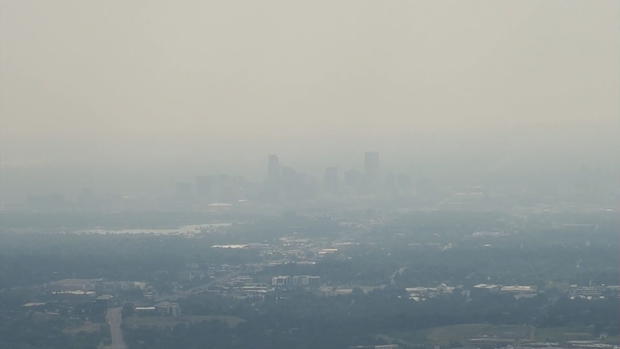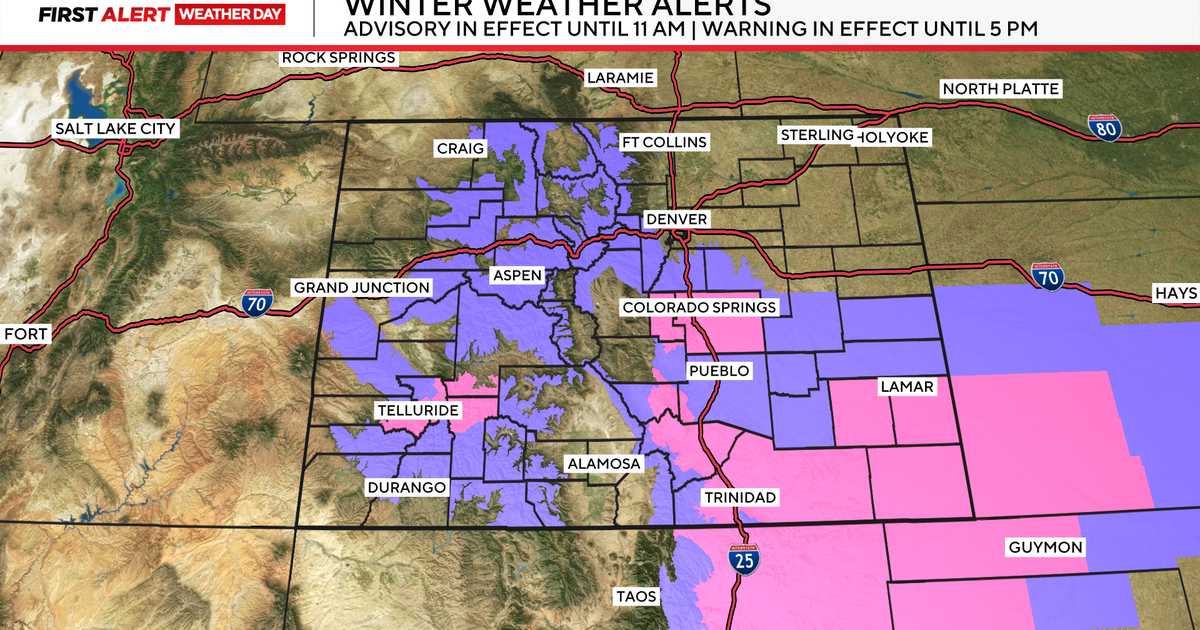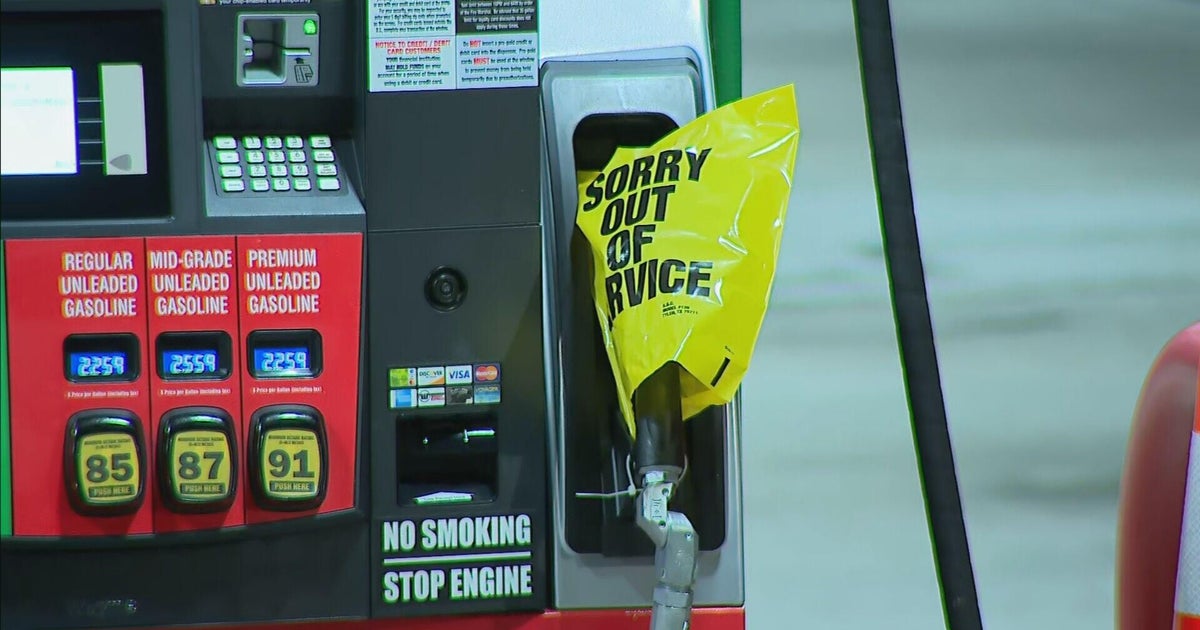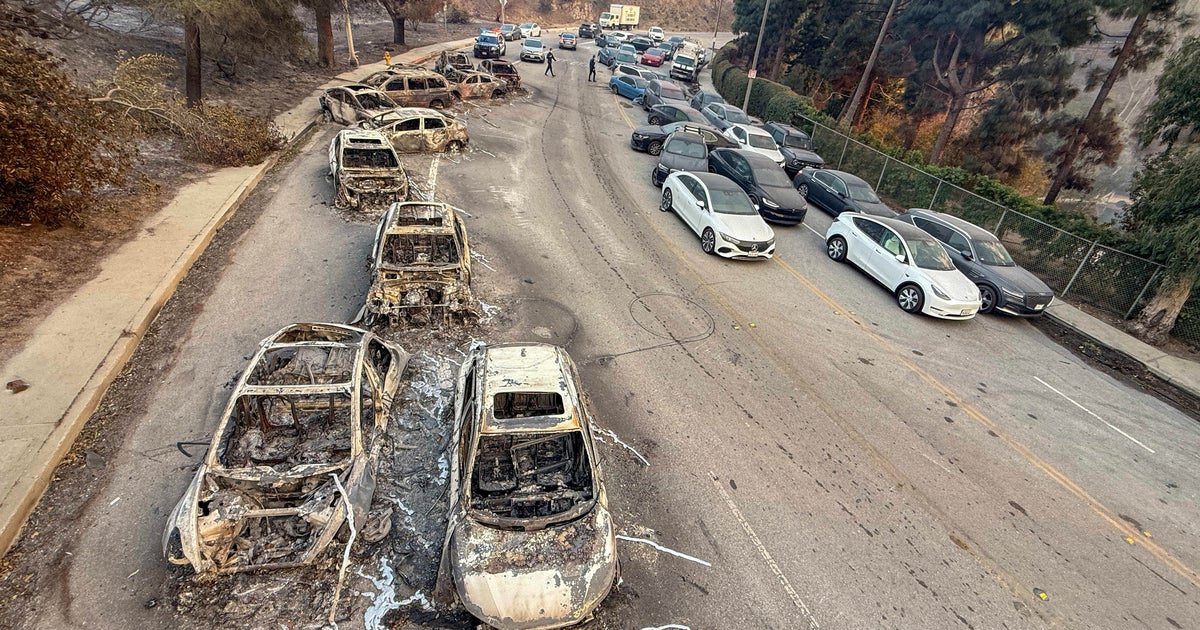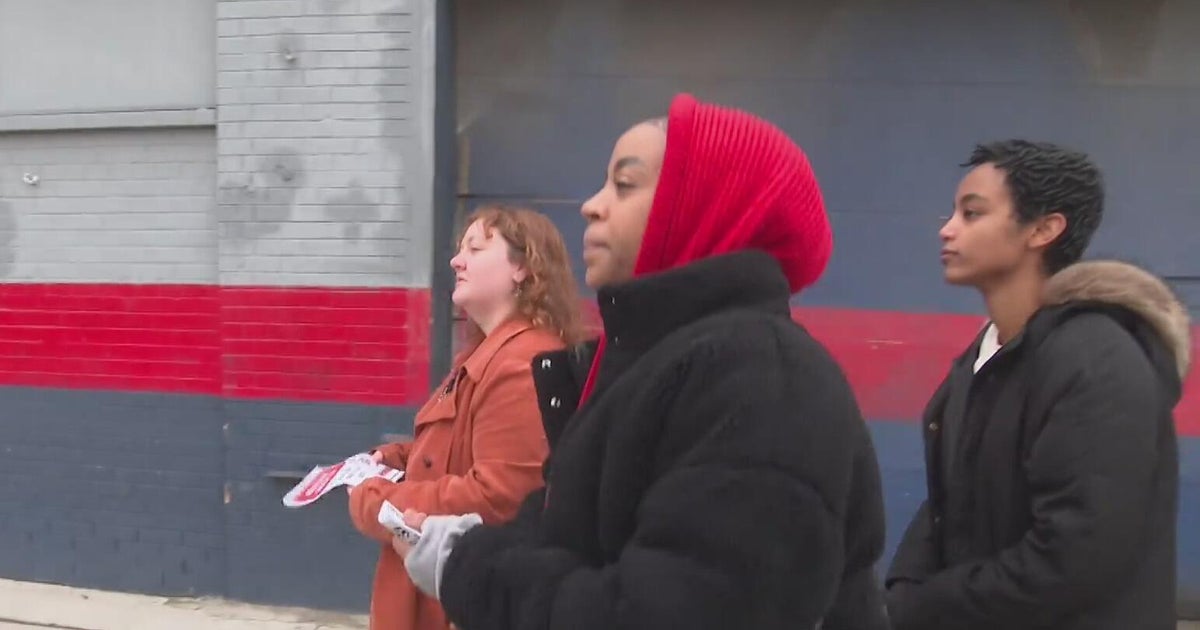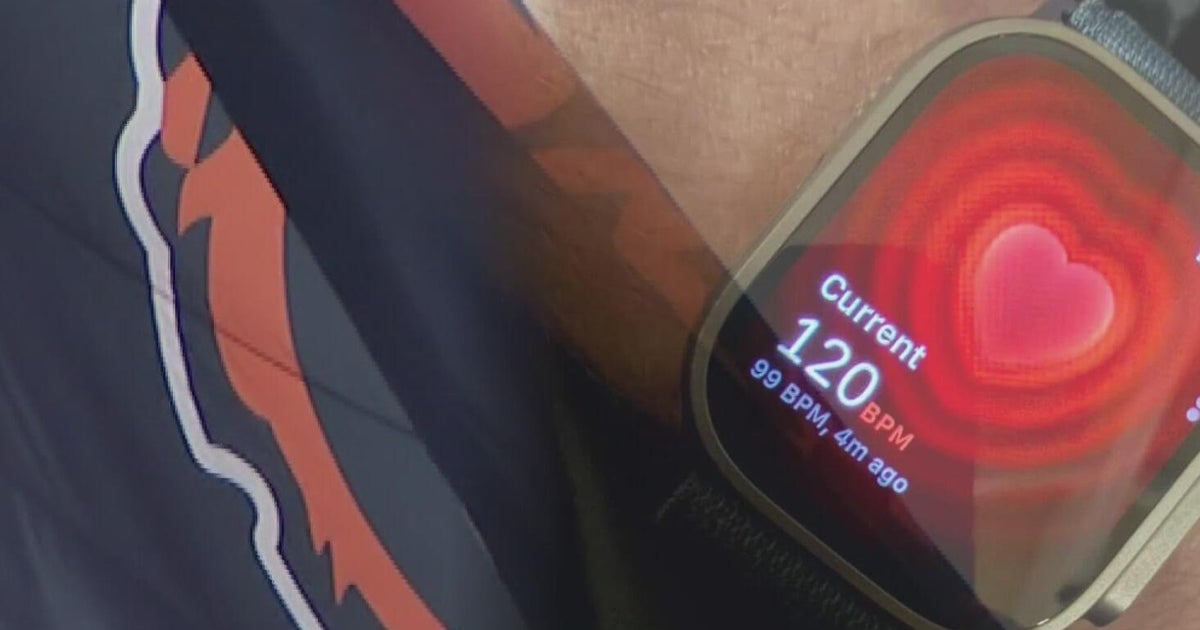Poor Air In Denver Could Cause 'More Chronic Heart & Lung Conditions' In Healthy People
BOULDER, Colo. (CBS4) – With the entire state of Colorado under an Air Quality Alert for unhealthy air, a first since the state health department began recording such records in 2011, Saturday was a rough day for those looking to recreate outside.
Despite a thick haze over the Boulder Valley, the Ironman 70.3 went on as scheduled. For hours, the fittest of the fit biked, swam, and ran, and some battled an unmistakable burn through it all.
"Now I feel sort of crummy and my lungs hurt a bit," said Robby Deckard of Louisville.
It was the same for others like Brandon Gittleman of Littleton. He didn't participate in the triathlon, but stopped his own run short.
"It just feels like you can't breathe," Gittleman said. "Nothing you're going to accomplish in one day is going to be worth getting sick over or worse."
Saturday's air quality was among the worst it's been in some time, as smoke from California's Dixie Wildfire blanketed Colorado. For several hours, Denver's Air Quality Index was in the "unhealthy" category, meaning some members of the general public may experience health effects.
"Most healthy patients are going to have some sort of irritating symptoms that are temporary, like irritation of the eyes, the throat, dry mouth, and maybe even some cough or chest tightness," said Dr. David Beuther, a pulmonologist at National Jewish Health.
Beuther's biggest concern through this stretch of days with poor air quality is his patients with chronic heart and lung conditions, such as asthma and COPD.
"I actually don't need the air quality numbers to know that it's worse because my patients start to have more symptoms," Beuther said.
It's an issue that's led to many tough conversations with his patients, as climate change continues to be a key factor in increasing the risk and extent of wildfires in the western U.S.
"This really is getting to be a pattern where every summer they're expecting weeks or months of feeling worse because of the air quality, and I've had conversations with patients who are starting to talk about moving out of Colorado, or really having to move out of the west."
While the smoke makes its way through, Beuther suggests staying inside and filtering out outdoor air if possible. His concern is not just the effect of one bad day, but a continued pattern of them.
"If we look at the healthy population in Denver, they're not going to be as healthy because of this problem. We're going to see more chronic heart and lung conditions in Denver among previously healthy people," he said. "The only way to get a handle on this is to get a handle on our environment. Our planet is on fire and that's going to be a tough ship to turn around."

